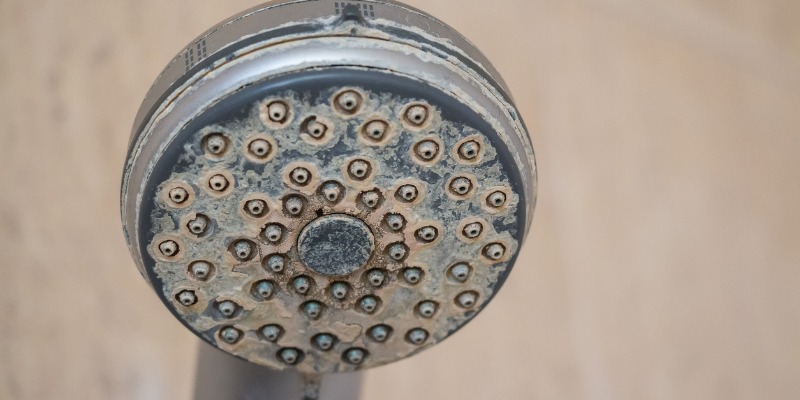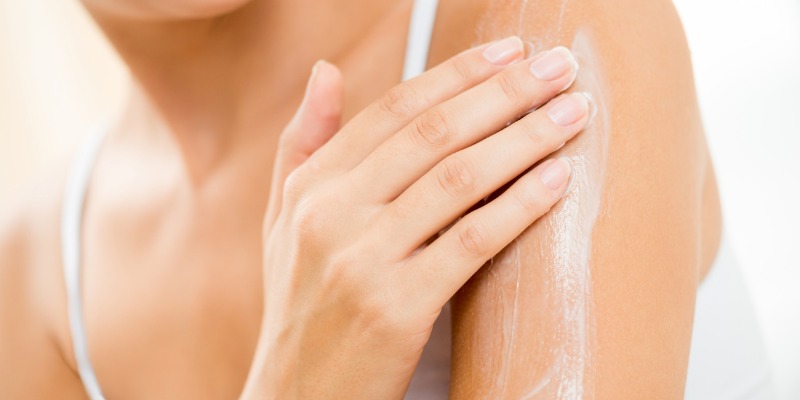Hard water is water that is high in dissolved minerals, particularly calcium and magnesium. The minerals are harmless to human health but can cause a lot of household issues. Hard water causes the most issues when it’s heated because that’s when it forms calcium carbonate or scale, the unsightly mineral deposits that build up in your pipes and appliances.
Signs of Hard Water

- Do your dishes come out of the dishwasher with spots, streaks and a cloudy film on them?
- Is there a constant ring of soap scum in your bathtub or sink that is extremely hard to remove?
- Have you noticed chalky deposits on the inside of your faucets or brown stains on the inside of your toilet?
- Are your clothes starting to look dingy and faded?
- Do your clothes feel scratchy after coming out of the washing machine?
- Do you have a difficult time rinsing the soap off your skin or the shampoo out of your hair during a shower?
- Do your energy bills seem higher than average?
- Do you have a lot of appliance repair issues?
Water softeners, most frequently ion exchange water softeners, are the most common and widely recognized way to treat hard water. As an article from Penn State University stated about water softeners, “the technology is highly developed and, in most cases, works well to reduce the hardness level.” Fixes like using electromagnetic fields to reduce hard water have “virtually no scientific data to support” them. If you don’t want to install a water softener, you can make the hard water easier to live with. Here are some quick fixes that some hard water homeowners have employed:
Ways to Treat Hard Water Yourself

- Use bottled water rather than tap water to make coffee in the morning.
- Install a small ion-exchange filter to your kitchen faucet or use a water pitcher filter.
- Install a showerhead with a built-in shower filter.
- Use a good moisturizer after showering to keep your skin from drying out due to hard water.
- Use bottled water for washing your hair or incorporate apple cider vinegar or lemon juice into your hair care regimen.
- Shut off the hot water valve to your washing machine and only wash your clothes in cold water.
- Set a low drying temperature on your dishwasher.
- Use white vinegar to remove stains on tiles, glass, and grout.
- Remove buildup inside your pipes and appliances regularly. If you are comfortable with plumbing, this could be a DIY project, otherwise, call in a pro. It will keep your appliances running longer.





